Most read LinkedIn articles
Is it coming two digit inflation?
Inflation is bad. An inflation increase leads to an interest rate increase, which leads to mortgage installment increases. Cumulatively, inflation hinders firms’ new investments and reduces the money available for householders to buy products from firms. The endpoint of an inflationary situation is that both householders and entrepreneurs lose a lot.
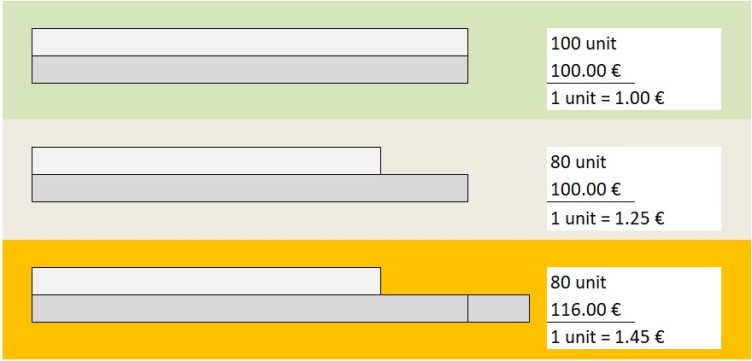

The second opinion’s value
Several health insurance policies provide access to medical second opinion services. These second-opinion services can be related to both diagnosis and treatment options. Since these products are sold for a positive price, it is plain that the second opinion concept has a positive value to society.


What are we missing: money or productivity?
On June 7, 1494, at the small Spanish town of Tordesillas, the kingdoms of Portugal and Spain sign a treaty upon which the world was split between them, stating that the lands outside of Europe, discovered and to be discovered, would belong to each crown according to the side of the globe where those lands were located. This historical act happened under a moment of societal transition of universal power from the ancient papal hegemony into monarchic hands, which set the end of the middle age and the beginning of the modern age.
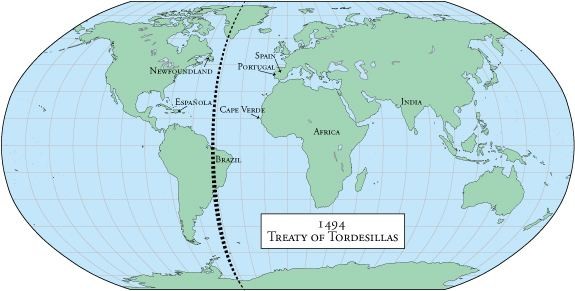

Counterintuitive economics
Despite its inner complexity, the essence of the economic system is quite simple. The economic system is extremely complex because, as posed by Dörner (1990, p. 464), “it consists of a great variety of variables.” For instance, Jean Waelbroeck (1998), focusing on structural economics and the politicians’ goals on economic planning and development, points out variables such as technology, institutions, modes of thought, industry, agriculture, collective action, population growth, pecuniary externalities, public and (...)
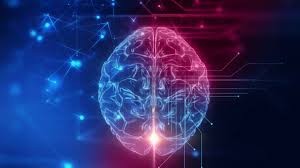

Tools for dealing with insolvency
A large number of insolvencies has always been a consequence of any economic crisis. Different societies have tried to manage this issue in different ways across time. These efforts lead to an increased amount of data and knowledge which allows us today to clearly identify relationships between the reached results and the tools used to solve this puzzle. It definitely helps to understand the problem while finding the best tool to deal with it.


Legitimating uneven power
Politicians are usually liable for the overall welfare of regular citizens. This intuitive responsibility that lies upon politicians’ shoulders is based on the fact that they are supposed to be holding executive power; i.e., the power to actually do something that truly changes people’s lives for the better. However, regardless of the general public awareness, politicians are induced to perpetuate uneven power and they do it under a process that is spurred by the entire society. The absent awareness of this fact poses a tremendous challenge to mankind.


The economic consequences of ultimate power changes
Power can be defined as the capacity to act upon a previously identified opportunity. Economics is the study of the effects on the overall welfare of human and material interactions. Accordingly, the way structures of power are raised always sets the boundaries of economic success. Hence, identifying what is “ultimate power” enables us to understand how its changes impact everybody’s living conditions.
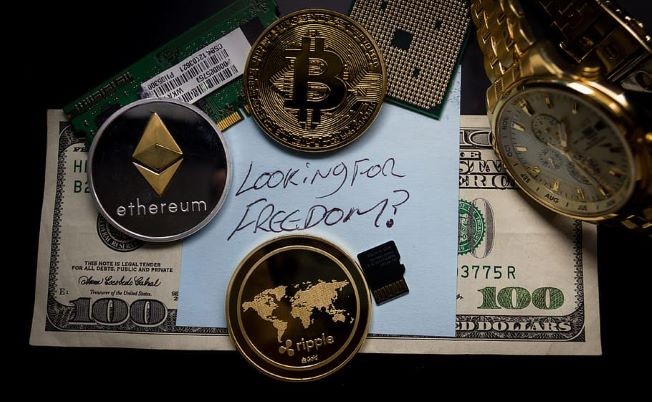

Building economic unbalance
The way society builds economic unbalance has unavoidable political consequences for those in charge of safeguarding overall welfare. A deep understanding of what is the individual contribution to foster a decrease in the overall welfare puts into perspective both how human interactions trigger a stream of either positive or negative cause-consequence effects and what are the limits of the liability that truly belongs to the governments of the world.


Liz Truss’s most important lesson
Liz Truss was the head of the UK government's shortest-live ever. Her government lasts for 44 days, from 6 September 2022 until 20 October 2022. In 2021, the UK’s GDP reached 2.33 percent of the world’s global economy which makes it the fifth biggest economy, only behind the United States of America, China, Japan, and Germany. Particularly because governments are supposed to be the guardians of overall welfare, the analysis of the political and economic consequences of her government is, therefore, an undeniably important mark to learn from.
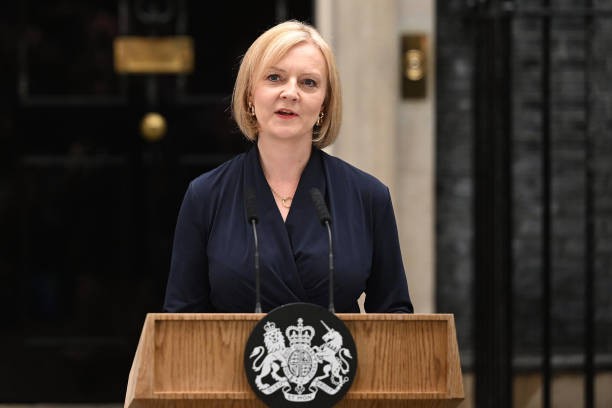

The courage to go where we do not want to go
“Virtuous economics” explains how society can consistently ensure overall welfare. Particularly, it expounds on how to eradicate pollution, how to eradicate inequality, how to eradicate inflation, and how to eradicate any economic crisis. When we look at the world around us and we decide to address the issues that threaten overall welfare, one question looms out in our minds: If this knowledge has already been disclosed then what precludes it from being used?


Life transitions and transformational political decisions
In the last fifty years, the horrors raised worldwide by our global society have never reached such a dimension as the one we are all living in right now. Pollution, rational conflicts, ideological disputes, fights for material resources’ control, and violence against other human beings in so many ways, whether of physical or mental structure, are all too prevalent in our daily routines to be ignored. These are often life-transition events that change the lives of every human being they touch. However, none of the above is the outcome of a transformational political decision.


The rules that set us free
Freedom – or the power or right to act, speak, or think as one wants without hindrance or restraint – is an essential element of human happiness. The individual expression of what is each person’s inner singularity depends on it. Hence, it is of the utmost importance for the entire society to understand what are the rules that ensure individual freedom.


Interesting reading on economics
Economics extends far further the physical world to reach how relaxed is the human soul in a consistent basis. For those who are keen on Economics, there is extensive crucial reading that enables the enthusiast to deepen his or her knowledge. Despite its importance for a wider understanding of these matters, the majority of these readings are likely missed in universities’ courses for a number of reasons.


What is a waste-based society?
Economics is the systematic study of human and material interactions to safeguard overall welfare. Consequently, economics addresses the themes of production and distribution of human and material resources across the whole society. A deep understanding of adequate resource allocation procedures becomes paramount to safeguard human well-being.


How a society finds its spirit
The role of Economics in setting up society’s welfare extends far beyond the material scope. However, this knowledge is either missed or very sparsely considered at the university lectures that take place worldwide.


Do you know what Normative Economics really is?
Almost fifty years ago, Richard Thaler (1979, p. 39) posed that Normative Economics “describes what rational consumers should do” and, currently, much of what can be found online does not differ further from this frame. However, Normative Economics goes far beyond the theoretical scope that has been given so far.


Critical differences between rules and laws
Rules and laws condition human behavior and, therefore, shape the human society and define different levels of power. Understanding their differences is crucial to realizing what can be different and how it can be done.


Contact
Get in touch with Mate in 7
